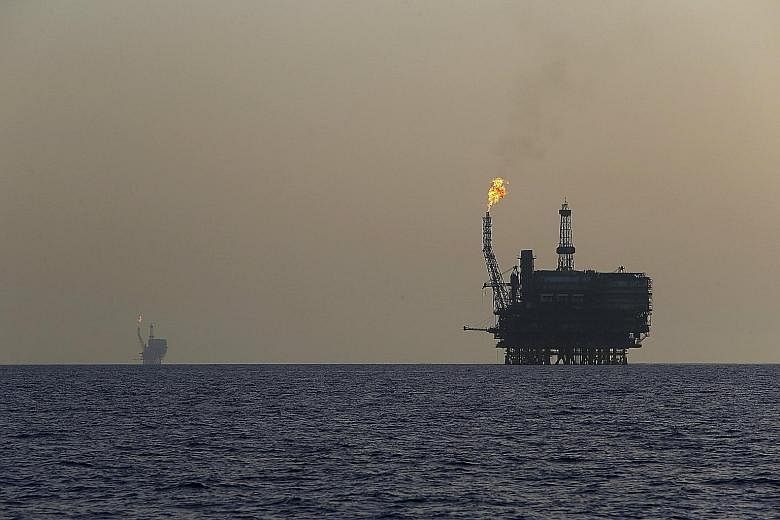Oil prices are likely to remain low for a few more years but it remains unclear if this will significantly benefit global growth, according to an economist from one of the world's largest futures exchanges.
There was a great deal of optimism that cheaper crude would kick-start a global recovery, but the impact has thus far been muted, CME Group senior economist Erik Norland said.
The situation in the world's largest economies is still less than robust - China is struggling with deeper structural issues, while United States consumers are only just beginning to ramp up spending, said Mr Norland in an interview with The Straits Times.
The price of a barrel of oil has halved since June last year, reaching levels previously seen at the depths of the global financial crisis in 2009. Prices recovered slightly earlier this year, but have fallen more than 20 per cent in recent weeks - Brent crude, the main international benchmark, is trading around US$49 a barrel, from US$63 at the beginning of last month.

Analysts say it will be years before oil returns to US$90 or US$100 a barrel - the norm price over the last decade.
A combination of still-rising supply and slow global growth, particularly in China, will continue to put a cap on energy prices in the foreseeable future, Mr Norland said.
BMI Research, a subsidiary of financial information provider Fitch Group, has predicted that the supply glut will persist until 2018.
In addition to tepid global growth, vehicles have also become more efficient - fuel economy has gone up about 2.5 per cent per year since 2007.
This has contributed to the sliding demand for energy, said Mr Norland, who is based in New York, but visited Singapore from Monday to Wednesday .
The outlook for developed economies, such as the US, Europe and Japan, is gradually beginning to look more upbeat, he said.
However, China still appears to be decelerating and the country's high level of private sector debt could be a further drag on growth.
"This, along with the crackdown on corruption, is really going to slow things down there in a very dramatic way."
Commodity prices to a large extent already reflect this, but some industrial metals might have further to fall, he added.
A combination of still-rising supply and slow global growth, particularly in China, will continue to put a cap on energy prices in the foreseeable future, Mr Norland said.


